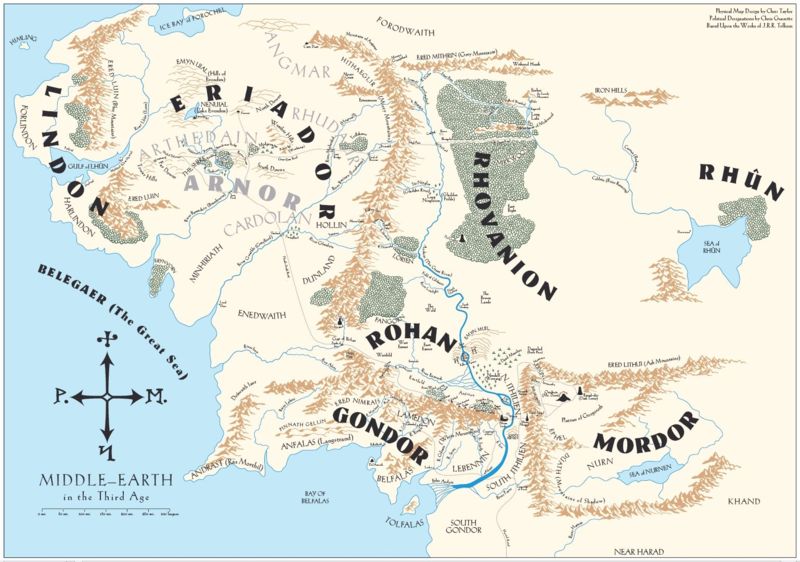

But done correctly, conveying a place’s history makes for a richer, more meaningful reading experience. Unfortunately, this is also where Tolkien is most likely to go overboard, drowning the reader in line after line about an old fort and who built it. In the previous war, the good guys had an army of elves, not so much anymore.īeyond the immediate history of the Ring, Middle-earth is full of ancient statues, abandoned cities, and great bridges built by peoples long past. It also sets up how much harder things are this time around.

This history gives the plot context and paints Frodo’s journey as part of a bigger struggle. We learn about the last war against Sauron, both from history lessons and from characters who were actually there, which is a benefit of including immortal elves in your setting. Naturally, the One Ring’s history plays a huge role in the plot. LotR does a great job here, with a history that flows from each page whether you’ve read The Silmarillion or not. No world springs forth fully formed from the head of Zeus unless you’re telling a very specific type of story, so it pays to have at least some feeling for what came before. But aside from that, Middle-earth has plenty of building blocks that keep readers coming back for more. In most books, a forest is just a forest, but under Tolkien’s pen, a forest is a vast stretch of towering pines with roots questing out like splayed limbs. LotR’s reputation comes as much from wordcraft as actual worldbuilding. But what can we learn from how the world itself is set up? LotR is widely known for its worldbuilding, both praised for an immersive world and criticized for being more interested in the ents’ backstory than the actual plot. That means a lot of trees, dwarves, elves, trees, and elves in trees. Today, we’re looking at Lord of the Rings, the great-grandparent of modern high fantasy, and specifically the area known as Middle-earth.

Fortunately, we have a long history of famous stories to learn from, both in what they did well and what they did poorly. From constructing entire space empires in military scifi to planning a good masquerade in urban fantasy, every author will need to make choices about what to include in their world and how to do it. Worldbuilding is a critical component of speculative fiction no matter the genre.


 0 kommentar(er)
0 kommentar(er)
